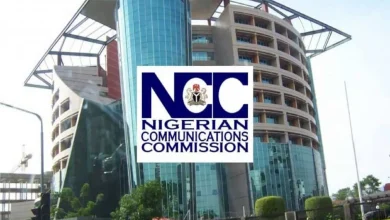Ghana commences development of local content legislation telecoms sector

The Ghanaian government has started developing local content legislation for the telecommunications sector to strengthen its local dependence and prioritize Ghanaian telco companies.
Ghana’s Minister of Communications and Digitalisation, Ursula Owusu-Ekuful, reportedly unveiled this at a launch in Accra, Ghana.
“We are in the process of passing local content legislation for the telecommunications sector and have directed that certain categories of managed services in the telecom sector should be reserved for local Ghanaian companies only,” the Minister said.
Local content legislation objectives include giving preference to local products, services, and employees to foster the growth of local content in the particular industry where it is considered.
For Ghana, the legislation would set up a platform for the country to manage its digital infrastructure, applications, and services independently.
It would also reduce reliance on foreign consultants and contractors, which are typically more expensive. Owusu-Ekuful described this dependence as “unhealthy” and reiterated that the nation has competent local alternatives.
Owusu-Ekuful said many foreign companies that win contracts in the sector give them to domestic companies while keeping a bigger share of the profits for themselves.
She also challenged the notion that foreign hands are superior to local entities, urging support for local goods and businesses.
In 2013, the country also implemented a local content law prioritizing local goods and services to increase domestic spending in Ghana’s petroleum industry. Additionally, it sought to guarantee the localisation of job opportunities and boost the employment of Ghanaian talent.
Furthermore, the Minister had previously emphasized the use and coordinated improvement of local telecommunications services in Ghana and across the continent.
Meanwhile, in a March meeting with parliament, where the Minister stated that SpaceX’s Starlink is being considered for an operational license to provide Internet connectivity in the country, she also emphasized local dependence, stating the Regional Africa Satellite Company should be operationalised.
“We must also invest in operationalising RASCOM (Regional Africa Satellite Company) instead of each county going at it alone,” she concludes.





